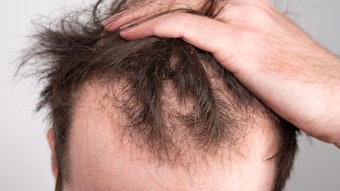A collaboration of researchers at Brigham Young University, Duke University Medical Center, Applied Environmental Inc. and San Diego State University have reported that use of antibacterial soaps does not lead to antibiotic or antibacterial resistance.
The research was published in the paper, "Investigation of Antibiotic and Antibacterial Susceptibility and Resistance in Staphylococcus From the Skin of Users and Nonusers of Antibacterial Wash Products in Home Environments," which appeared in second 2011 issue of the International Journal of Microbiology Research.
The study compared staphylococcal skin isolates in 70 individuals that used antibacterial liquid bath or shower cleansers containing triclosan with 70 people who used bar soaps containing triclocarban and 70 people that did not use the antibacterial products products. A standard method for swabbing both forearms of all participants was used to collect samples of Staphylococcus bacteria, which were then tested against several different types of antibiotics that are commonly used to treat Staph infections.
The experimental results showed that there was no increase in the antibiotic resistance of the Staph strains isolated from either group that had been using antibacterial wash products, when compared to those isolates obtained from the control group. And those bacteria also showed no increased resistance to triclosan or triclocarban.
The research was supported by the American Cleaning Institute (ACI) and the Personal Care Products Council.










